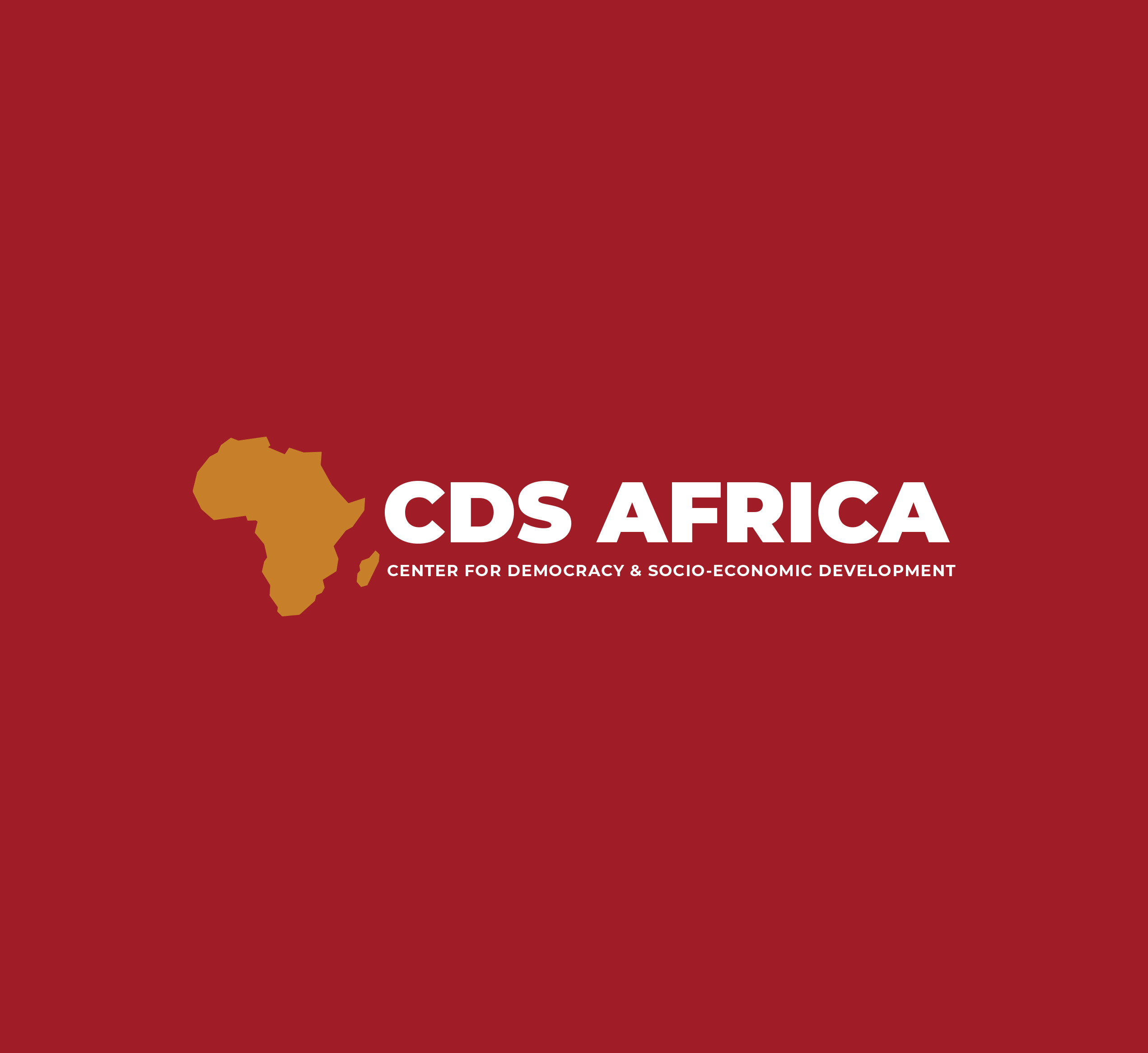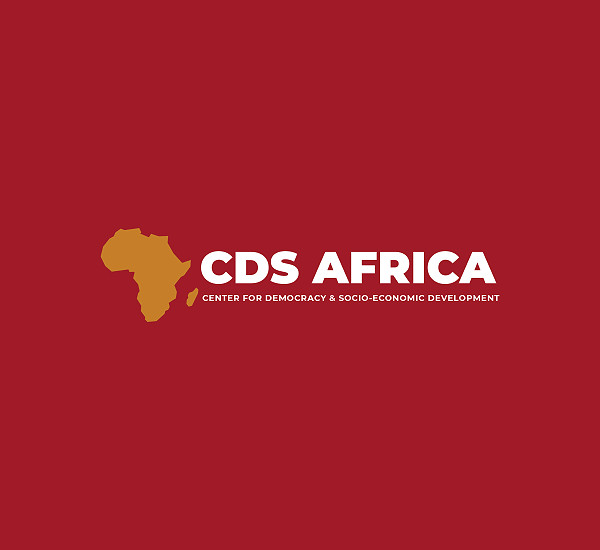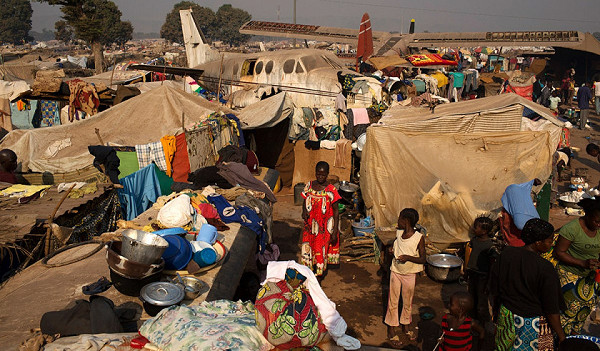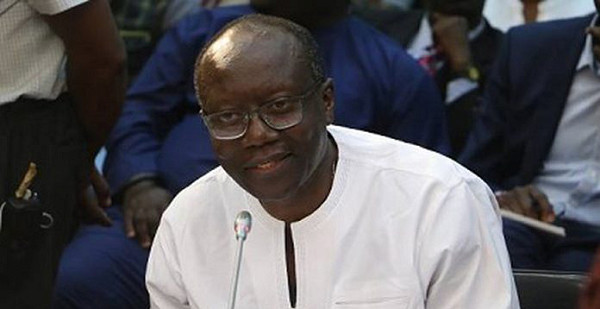Education is a fundamental human right and a key driver of sustainable development. It is crucial for reducing poverty, promoting gender equality, improving health outcomes, and fostering economic growth. The United Nations recognizes the importance of education and has designated the 24th of January as the International Day of Education to promote education as a fundamental human right and raise awareness of the need to ensure inclusive and equitable quality education for all. Increasing the number of girls who have access to basic education is particularly important because it can help to promote gender equality and improve social and economic outcomes for women and girls.
There have been major milestones reached in Ghana pertaining to basic education. For example, the Free Senior High School program is a significant achievement because it has increased access to secondary education for many students who may not have been able to afford it otherwise. This can help to promote social mobility and improve economic opportunities for young people in Ghana.
However, it is important to recognize that there are still challenges and gaps in education access and quality in Ghana. For example, there are still disparities in access to education between urban and rural areas, and between different regions of the country. Additionally, while access to education is important, it is also essential to ensure that the education being provided is of high quality and meets the needs of students.
Ensuring access to quality education for all requires sustained efforts from governments, civil society organizations, the private sector, and individuals. Governments should prioritize education in their development plans and allocate sufficient resources to ensure that quality education is accessible to all, especially the most marginalized and vulnerable populations.
Civil society organizations and the private sector can also play a crucial role in promoting education and supporting initiatives that improve access to education for all. The Rural Education Ownership Initiative (REOI), a signature project of CDS Africa, is one of the few educational initiatives driven by civil society that examines issues relating to rural education in twelve schools in Ghana's Northern
Region.
REOI play a crucial role in complementing government efforts to improve education access and quality. By working with local communities and schools, this project helps to identify specific challenges and develop targeted solutions that meet the unique needs of each community.
As we celebrate the international Day of Education, CDS Africa notes that it is essential to recognize that education is a key factor in achieving sustainable development, and we must work together as Ghanaians to ensure that everyone has access to quality education, regardless of their gender, race, religion, or economic status.







